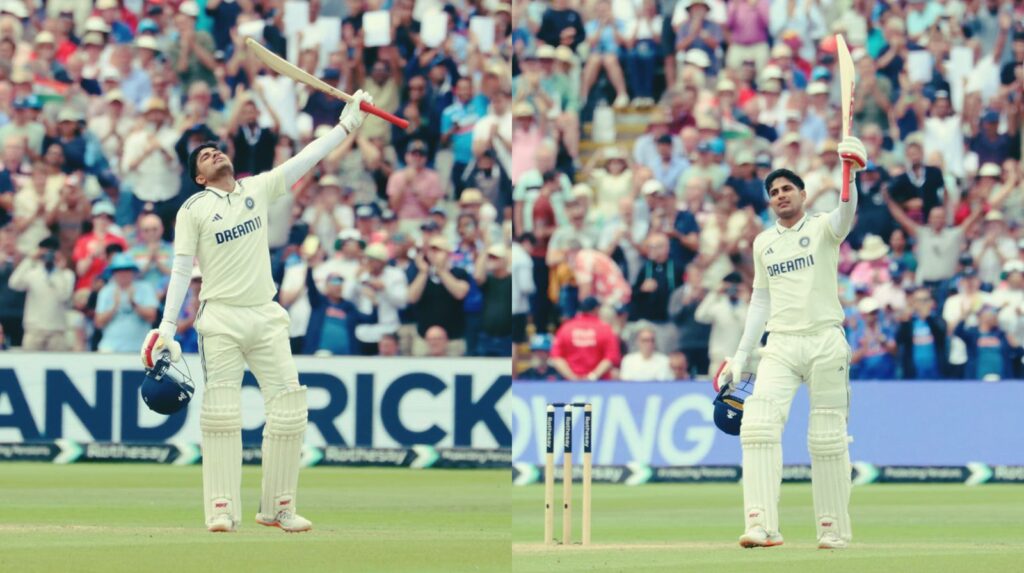
By Trisha Ghosal in Birmingham
Edgbaston felt less like a stadium and more like a concert hall this week. Over two innings and four days, Shubman Gill turned cricket into a symphony—and himself into its most elegant conductor.
Day 2 was the overture. Gill’s 269 wasn’t a knock. It was composition—each stroke in tempo, each leave an intentional pause. He played with time, grace, and precision. Drives through cover rang like violins, flicks like flutes, pulls like deep, resonant drums. There was no rush, no panic—only rhythm.
The Indian diaspora made Edgbaston their own. Wrapped in tricolours, beating dhols, and singing in chorus, the crowd became part of the music. Their applause wasn’t noise—it was harmony. Children with painted cheeks clapped in tempo. Elderly couples whispered about Tendulkar, but watched Gill with moist eyes. This was not just batting. This was belonging.
And then came today—Day 4. A Saturday crowd. A golden Birmingham evening. Gill walked in again, not to continue, but to begin anew. If his first innings was a grand crescendo, his second was a soft reprise. 161 more runs followed—quieter, subtler, but just as moving. He played with the hush of someone writing poetry. Late cuts whispered. Glances to the third man exhaled. There was serenity in the sound of his blade, a silence just before each note dropped.
As the innings grew, so did the awe. He didn’t celebrate milestones. He acknowledged them—bat raised like a maestro between movements, letting the applause wash over him.
By stumps, he had 430 runs—the second-highest match aggregate in Test history, behind only Graham Gooch. But statistics will never tell this story.
Because today wasn’t about numbers. It was about feeling. The kind that lingers long after the music stops.
Shubman Gill didn’t just play cricket. He performed it. And Edgbaston didn’t just watch. It listened, it clapped in rhythm, and it stood still in the silences.
And the writer was there—watching, listening, trembling at the Press Box.



